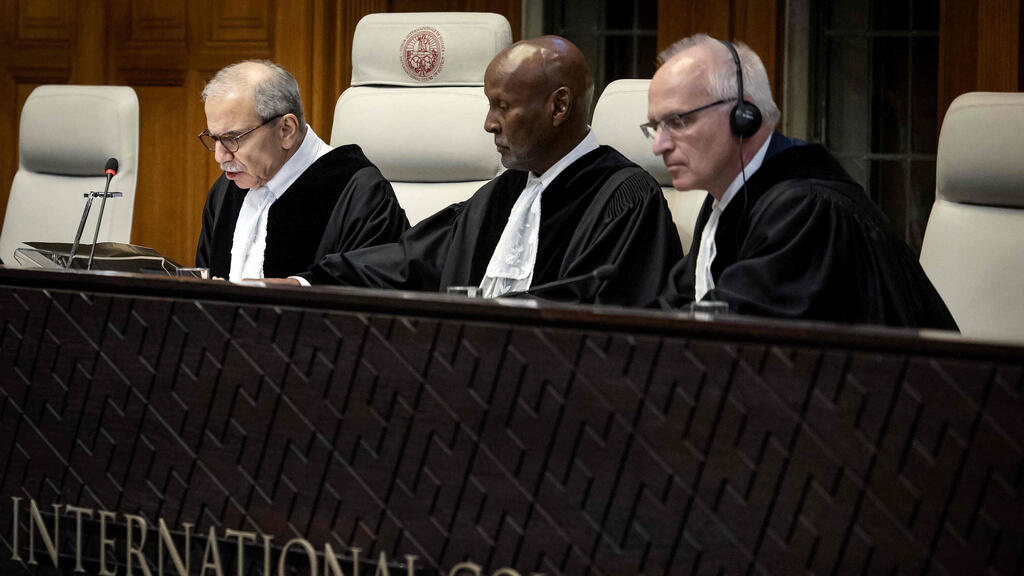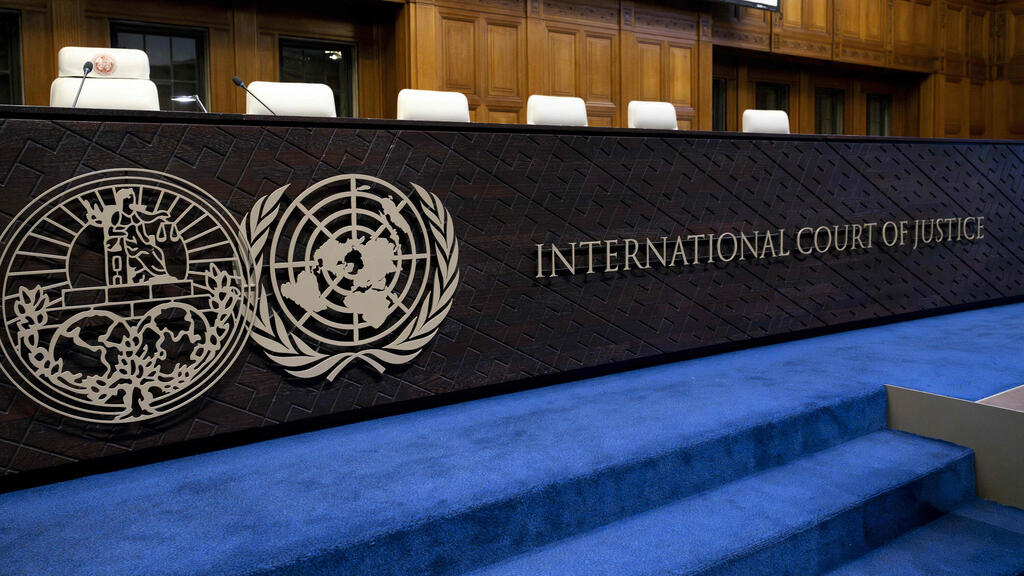In judicial language, this is called a "safety valve" expression. It refers to a statement made by the court, the practical content of which is determined by the authority tasked with its implementation.
A famous example of this is the landmark U.S. Supreme Court case Brown v. Board of Education of Topeka, Kansas. The justices ruled that racial segregation must be abolished "with all deliberate speed," a phrase that effectively gave the executive branch the power to decide what "deliberate speed" meant. In practice, this allowed segregation to continue for many more years. Thurgood Marshall, who was the lead attorney in the case, aptly remarked: "They gave us nothing and told us to work for it. 'All deliberate speed' meant very, very slow."
Similarly, the International Court of Justice in The Hague ruled that "Israel must immediately halt any actions in Rafah that could affect the civilian population according to the Genocide Convention." Judge Aharon Barak, in his dissenting opinion, clarified that "South Africa's request was denied. Israel is required to cease military operations only to the extent necessary to comply with its obligations under the Genocide Convention... Instead of ordering a blanket suspension and complete withdrawal from Gaza, the court's order is expressly limited to actions that the Genocide Convention prohibits... Israel is not barred from military action in Rafah as long as it fulfills its obligations under the convention."
Ugandan Judge Julia Sebutinde concurred: "Due to the ambiguity of the order, it might be misinterpreted as an unlimited, unilateral cease-fire... As I understand it, the order instructs Israel to pause its attack in Rafah only if such a pause is necessary to prevent conditions that could lead to the destruction of the Palestinian population in Gaza."
In clear terms, who will determine if the commitments are being met, assuming the Security Council ratifies the order? Israel itself. Considering that international law is not truly law but a network of power and international interests, and given the immense pressure exerted on the court against Israel (as Barak noted in his decision), this is certainly the least bad for Israel.
However, this did not matter to the extremists on both sides, who continued to interpret the decision to fit their agendas. The Jerusalem faction (who see the judiciary as a "judicial dictatorship") viewed the "terrible Israeli defeat" as further proof of the delusion that allowed judicial activism to be promoted as if it were an external demand of the free world.
The Tel Aviv faction (who seek to further empower judges at the expense of the people's parliament) hastened to explain that the defeat resulted from insufficient legal action. In their view, it is not enough for the system to be independent and authorized to annul even the constitution; it must also promote investigations and rulings that harshly punish those acting contrary to their views. If only we had provided 100 more aid trucks and imprisoned six inciting politicians, we would not have lost. Both sides believe the "defeat" validates their stance, much like the extreme ultra-Orthodox who, after the Holocaust, attributed its occurrence to insufficient adherence to stringencies and added more restrictions.
The order is far from a defeat. Therefore, it is wise to adhere strictly to the order, which is clearly worded and instructs Israel to preserve evidence and allow investigators into the war zone, as long as it does not endanger our soldiers. This is also true because we genuinely have nothing to hide: No other army operates as morally under such conditions (as Judge Sebutinde also detailed in her opinion).
In conclusion, this is not a decision that will make us cheerfully sing "I've got a Hague day," as one of our finest judges once jokingly suggested, but it is far from a defeat. In these bitter days, that is certainly not insignificant.



